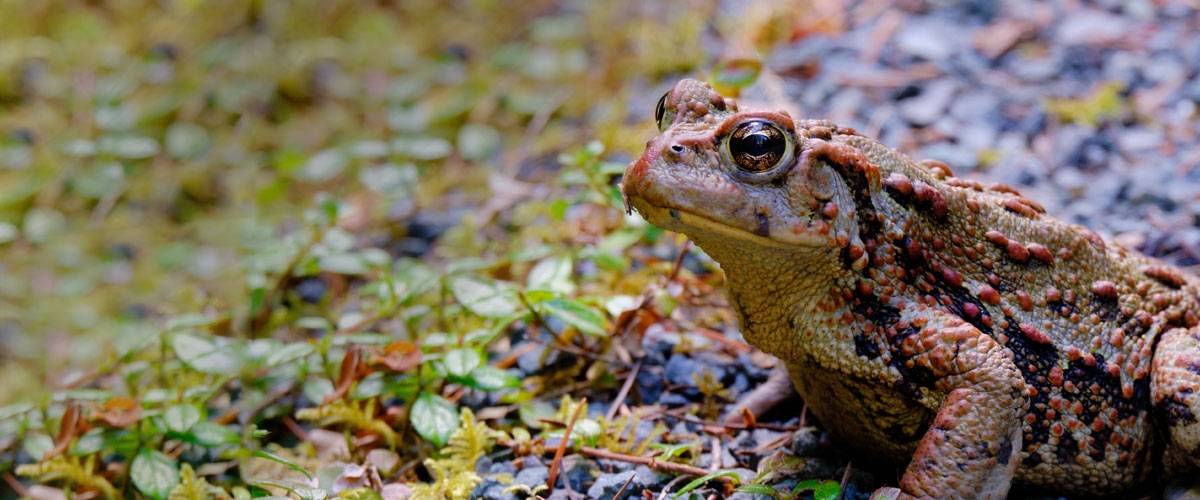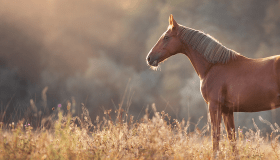
January 27, 2023 – For 75 years, Morris Animal Foundation has been a global leader in funding studies to advance animal health. With the help of generous donors like you, we are improving the health and well-being of dogs, cats, horses and wildlife around the world.
Cancer in the Cohort
The Golden Retriever Lifetime Study is collecting health data and samples on 3,000+ dogs over their lifetime. At the 10-year mark, the Foundation’s research team summarizes current demographics of the cohort and reports on health parameters including cancer diagnoses and deaths to date. Of note, hemangiosarcoma is the leading cause of cancer deaths in the Study’s enrolled golden retrievers, followed by lymphoma/leukemia. Also, fewer than expected diagnoses of high-grade mast cell tumors and osteosarcoma were noted in the cohort. (PLOS One, June 2022)
Drug Dosing
Veterinarians sometimes extrapolate oral medication dosing information for dogs to treat cats with similar health conditions even though cats may process drugs differently from dogs. Texas A&M University researchers provided valuable data on gastrointestinal tract pH and intestinal transit time of cats compared to dogs. Findings will help guide treatment and development of oral medications specifically intended for use in cats, as well as assist veterinarians who need to extrapolate dog dosing recommendations for their cat patients. (Journal of the American Veterinary Medical Association, September 2022)
Septic Foals
Sepsis – bacteria or associated toxins in the bloodstream and tissues – is a top cause of mortality in newborn foals. North Carolina State University and University of Ohio researchers found foals with severe sepsis respond to disease by releasing multiple steroids and steroid precursors, and that these hormones are persistently increased during the first 72 hours of hospitalization. Changes in hormone concentrations also were associated with severity of disease and likelihood of mortality – new data that may help predict survival in sick foals. (Domestic Animal Endocrinology, August 2022)
Rewilding
Microbiomes – communities of microscopic organisms living on and in bodies – play a critical role in maintaining good health. Captive and wild animals of the same species often have significantly different microbiome makeups. University of Colorado Boulder researchers found that although the microbiota was different in captive-reared tadpoles and adult boreal toads, their microbial signature quickly changed after release and mirrored their wild counterparts, potentially helping these amphibians better survive in the wild. This is good news for conservationists working on repopulating ecosystems with animals reared in captivity. (Research Gate Preprint, September 2022)




